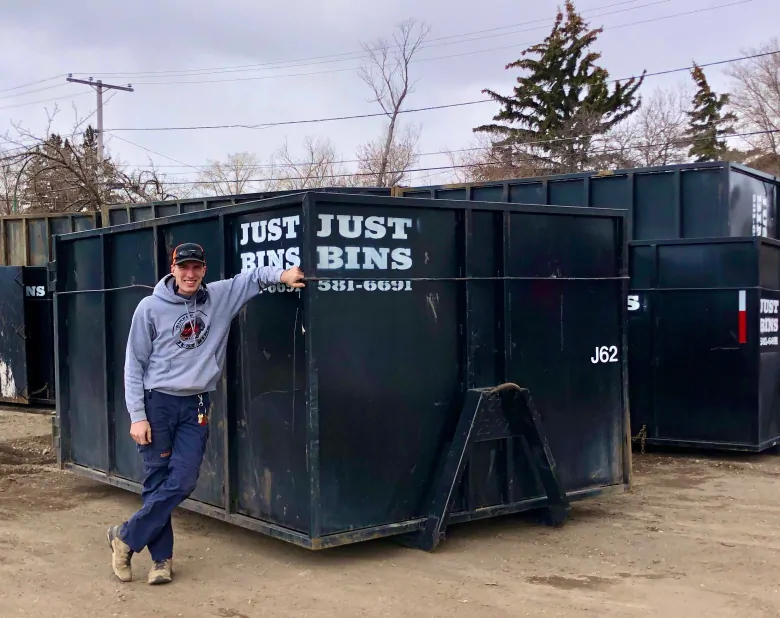Health Minister Patty Hajdu says Canada will be reviewing the way it manages its National Emergency Stockpile System following an investigation by CBC News.

Health Minister Patty Hajdu says Canada will be reviewing how it manages its National Emergency Stockpile System following an investigation by CBC News.
CBC News reported Wednesday that last year, the government of Canada threw out two million N95 masks and 440,000 medical gloves when it shut down an emergency stockpile warehouse in Regina.
A spokesperson for the Public Health Agency of Canada, which oversees the stockpile, said in an email that the masks and gloves had been purchased in 2009 and “had passed the limit of five years for their use, as recommended by the manufacturer.” The masks expired in 2014.
Critics have wondered why Ottawa let its stockpile of crucial medical equipment sit expired for five years. They also wonder why Ottawa doesn’t have a plan to cycle supplies out of the stockpile before they expire so they can be put to use.
In a news conference Wednesday afternoon, Hajdu said she had read the story and she promised that the stockpile’s processes will be reviewed.
“I’m certain, actually, there’s opportunities to look at a process where that equipment is offered first of all to parts of Canada that may not have easy access to that equipment, and if not, then overseas to other countries that may need it.” she said. “So we’ll be reviewing that practice.”
Medical supplies should never be tossed
Provincial governments and health-care workers are facing a severe shortage of N95 masks. For hospital workers in the COVID-19 pandemic, the N95 masks have become the health-care standard in personal protective equipment because they are designed to filter out tiny virus particles.
The National Emergency Strategic Stockpile (NESS), which is operated by the federal government, is a network of warehouses across the country that stores medical equipment and supplies. Provinces and territories can request use of these materials in the event of emergencies such as disease outbreaks.
Yet in Regina last spring, the federal government threw out the supplies, and instead of replenishing the warehouse, shut it down.

The destruction of the masks surprised some experts in emergency preparedness.
They say if the stockpile was managed properly, the supplies would have been distributed to the provincial health care system or other users before they expired.
“These kinds of masks and gloves should not have been winding up in a landfill,” said Prof. John Lindsay, who teaches emergency and disaster management at Brandon University in Manitoba.
“They should have been winding up in somebody’s hands who could use them properly.”
‘It’s mismanagement’
Retired senator David Tkachuk, whose committee produced a report 12 years ago on the state of emergency preparedness in Canada, said Tuesday this revelation shows the Regina stockpile wasn’t properly managed.
“It’s not stockpile management at all; it’s mismanagement,” Tkachuk said from his home in Saskatoon.
Back in 2008, Tkachuk was the deputy chair of a Senate committee that concluded the then Conservative government had underfunded and mismanaged Canada’s emergency response system. The report was provocatively entitled “Emergency preparedness in Canada: how the fine arts of bafflegab and procrastination hobble the people who will be trying to save you when things get really bad.”
The former Conservative senator said it seems little has changed since the report, noting that the warehouse was not replenished with supplies but was instead shut down without explanation.

